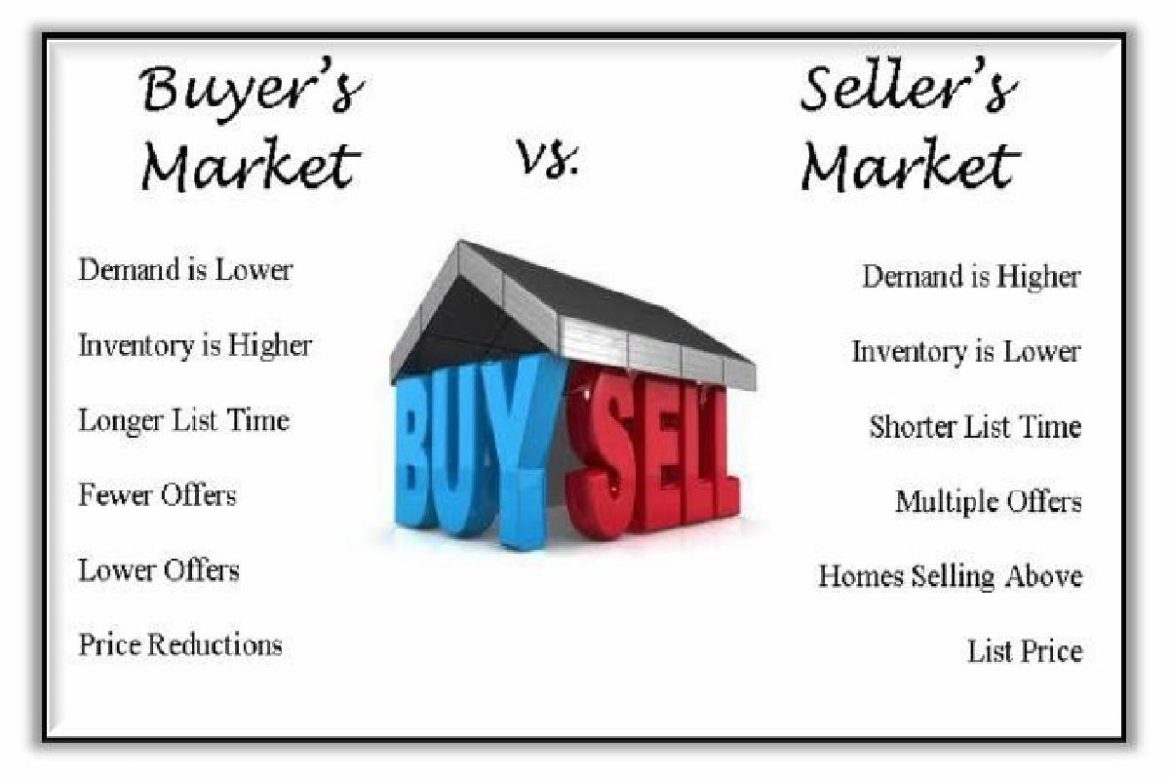Valuing your property accurately is crucial, especially when market conditions fluctuate between a buyer’s market and a seller’s market. Each market condition affects property values differently, and understanding these differences can help you set a realistic and competitive price. If you have been searching online for “value my property”, this guide explores how to value your property in both buyer’s and seller’s markets.
Table of Contents
1. Understanding Market Conditions
Buyer’s Market
In a buyer’s market, the supply of properties exceeds demand. This situation gives buyers more negotiating power, leading to potentially lower property prices.
- High Inventory: More homes available for sale than buyers looking to purchase.
- Longer Selling Times: Properties tend to stay on the market longer.
- Price Competition: Sellers may need to lower prices to attract buyers.
Seller’s Market
In a seller’s market, the demand for properties exceeds supply. This gives sellers the advantage, often resulting in higher property prices.
- Low Inventory: Fewer homes available for sale than buyers looking to purchase.
- Shorter Selling Times: Properties sell quickly, often with multiple offers.
- Price Increases: Sellers can often command higher prices.
2. Valuing Your Property in a Buyer’s Market
Pricing Competitively
In a buyer’s market, it’s essential to price your property competitively to attract buyers.
- Market Analysis: Conduct a thorough market analysis to understand the pricing trends in your area.
- Comparable Sales: Look at recently sold properties similar to yours but consider setting your price slightly lower to stand out.
- Avoid Overpricing: Overpricing can lead to your property sitting on the market for too long, making it less attractive to potential buyers.
Highlighting Unique Features
Emphasize the unique features and upgrades of your property to make it more appealing.
- Renovations and Upgrades: Highlight recent renovations, energy-efficient features, and modern appliances.
- Curb Appeal: Ensure your property has excellent curb appeal to create a strong first impression.
Offering Incentives
Consider offering incentives to attract buyers.
- Closing Costs: Offer to cover some or all of the closing costs.
- Home Warranty: Provide a home warranty to give buyers peace of mind.
- Flexible Terms: Be flexible with the closing date to accommodate buyers’ schedules.
Marketing Strategies
Utilize effective marketing strategies to reach a broader audience.
- Professional Photography: Use high-quality photos and virtual tours to showcase your property.
- Online Listings: List your property on major real estate websites and social media platforms.
- Open Houses: Host open houses to attract more potential buyers.
- Appraising Your Property in a Seller’s Market
Setting Up a Higher Price
In a seller’s market prices can be sifted up because the demand is increased.
Market Trends: Check prevailing market trends to get a specific amount that you could possibly add to your asking price.
Recent Comparable Sales: Look at the recent sales of comparables, but keep in mind the fact that you can price your list a little bit higher since the current market is very competitive.
Making things sound more important or urgent
Use the high demand to your advantage and make sure the message seems so urgent for the buyer.
Time Limit in Offer: Mention that the offer will be entertained within a stipulated amount of time for the recipient to decide faster.
Multiple Offers: Make sure any multiple offers are emphasized enough to spur buyers to do their best possible.
Highlighting Investment Potential
Emphasize the investment capacity of your property.
Future Appreciation: Continue to increase the amount of value as the market conditions would arise to make a rise in value.
Rental Income: Potential rental income on certain items should also be considered, particularly in high-demand areas.
Negotiate
Being ready to negotiate and haggle, even during being a seller’s market.
Best Offers: Ask purchasers to submit their best and final offers.
Negotiation Leverage: Employ competitive market conditions to your advantage during negotiations.
Factors to Consider Regardless of Market Conditions
Condition of Property
Maintenance: Ensure that your property is kept with proper maintenance and in excellent condition.
Staging: Consider a professional stager to have your property optimally presented.
Local Market Dynamics
Trending in the Neighborhood: Keeping up with neighborhood trends and developments.
Economic Factors: Take into account the widest economic factors, such as employment rate and interest rate, which might lead to property value going down.
Verifying Professional
Objective Valuation: This service means that you will be able to get a professional appraisal that provides for technically accurate and objective valuation of your property.
Accurate Pricing: Use the valuation for setting a realistic and accurate price.
Real Estate Agent Expertise
Market Knowledge: Do business with a professional real estate representative who has enough experience and can understand the workings of the local markets.
Pricing Strategy: Work with your agent to come up with a competitive pricing strategy derived from the current condition of the market.
Conclusion
Valuing your property right comes with the understanding of the prevailing market conditions—whether it’s a buyer’s market or a seller’s market. Research market trends, comparable sales, and some marketing and negotiation strategies to arrive at a realistic and competitive price for your property. Meanwhile, always keep it in good condition and consult with the best in real estate to guarantee the best result in any market.

